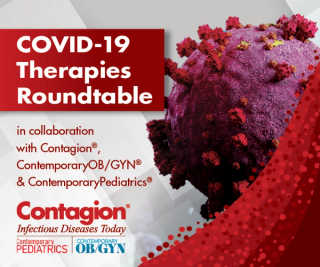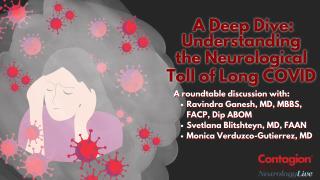
Respiratory Infections
Latest News

Latest Videos

CME Content
More News

The COVID-19 pandemic underscored the urgent need for global pandemic preparedness. The World Health Organization (WHO) is leading efforts to establish a global treaty to address future pandemics, with findings expected in 2025. Central to this preparedness is immunomics, a field leveraging advanced genomics technologies to study the immune system at unprecedented levels of detail.

The federal government is working on measures to mitigate the potential impact including looking at vaccines, therapies, and other strategies. Robert Hopkins, Jr, MD, medical director, National Foundation for Infectious Diseases (NFID), provides some insights on our preparation now and lessons learned from the pandemic.

Review finds Long COVID patients experience executive function impairments impacting tasks like shifting, inhibition, and working memory, affecting daily activities.

The federal agency is asking hospitalists and labs to accelerate this process in order to know if they are dealing with avian influenza.

The Phase 1 clinical trial for ARCT-2304, a self-amplifying mRNA vaccine, seeks to address pandemic influenza risk as H5N1 cases increase.
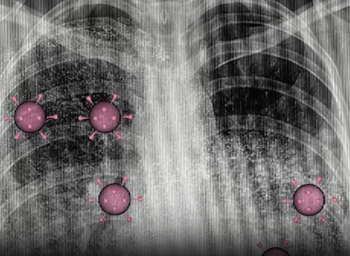
Study questions whether reducing antibiotic treatment duration for pneumococcal bacteremia still ensures effective outcomes and minimizes risks.

Findings from a recent phase 3 trial show promising results for the approval of ziresovir in the treatment of respiratory syncytial virus in infants.

A survey of this population showed that over a 2 and ½ year period, there was a decrease in post-acute sequelae of SARS-CoV-2 infection (PASC). However, 1% of respondents said they are still dealing with restrictions in their lives.
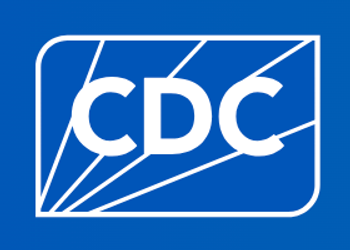
The updated recommendations simplify vaccine eligibility while addressing both cost-effectiveness and racial health disparities.

The Louisiana Department of Health announced the news late yesterday, and it is the first death in the US associated with the H5N1 virus.

A case series of 13 patients suggests that extended courses of Paxlovid could benefit some Long COVID patients, but the results are inconsistent.

Older males who had these infections had a statistically significant higher risk for physical and cognitive impairments.

Recent study highlights Paxlovid’s ability to reduce hospitalizations and mortality in high-risk populations, but underscores the need for personalized treatment.

The federal health agency stresses the importance of finding the balance between vigilance and enjoying normal activities.

Just 60% received detectable antibodies for 2 FDA-approved vaccines, possibly pointing out a need for additional doses to reach protective levels against disease.

Data detailing antibiotic choice and duration derived from electronic health records improved appropriate therapy use for community-acquired pneumonia.

Sequencing shows differing virus in the hospitalized patient in Louisiana, which the federal agency says is concerning.
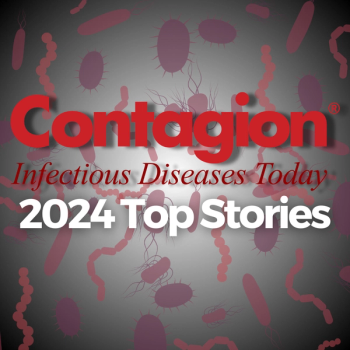
As 2024 winds to a close, take a look back on some of the biggest stories Contagion was following around respiratory infections.

A recent study examined mortality outcomes in hospitalized COVID-19 patients treated with remdesivir and dexamethasone vs dexamethasone alone, using data from the Omicron period.

6.4% of US adults experience Long COVID, with 19.8% reporting significant activity limitations, while the updated RECOVER study refines the classification index.
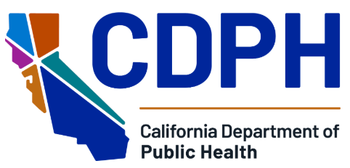
Governor Newsom declares support for state response as bird flu spreads across the US among dairy cows and humans, with California leading the nation in cases.

The PDUFA date is set for early June, and if approved, it would be the first and only single dose immunization for infants regardless of weight designed to protect them for the duration of their first RSV season.
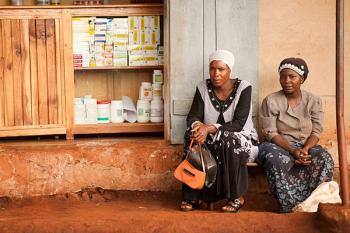
Health officials are investigating an outbreak called "Dinga Dinga," which causes fever and uncontrollable shaking.

Study finds optimal timing of annual COVID-19 booster depends on regional transmission patterns and if/when breakthrough infection has occurred.

Sexual transmission was confirmed for nine of the 22 viruses studied, including Ebola, Zika, and mpox, making it a key factor in ongoing disease spread.




